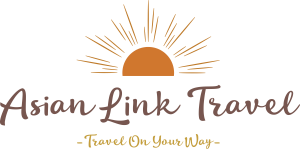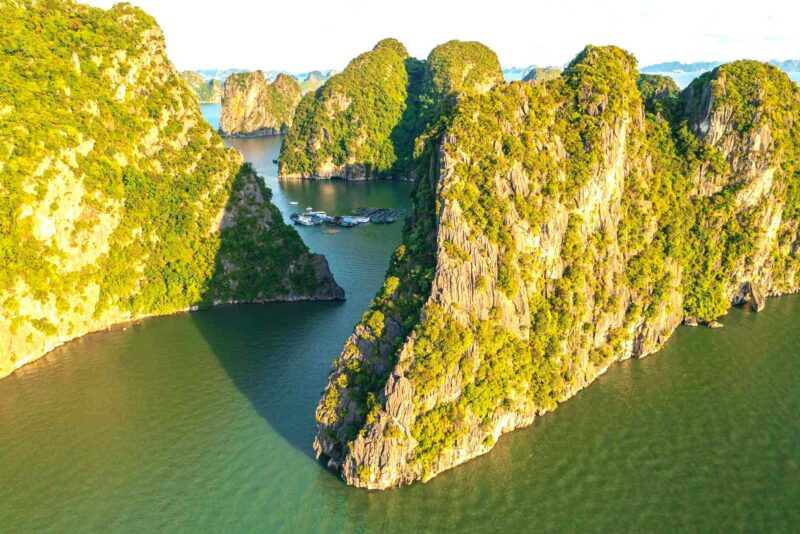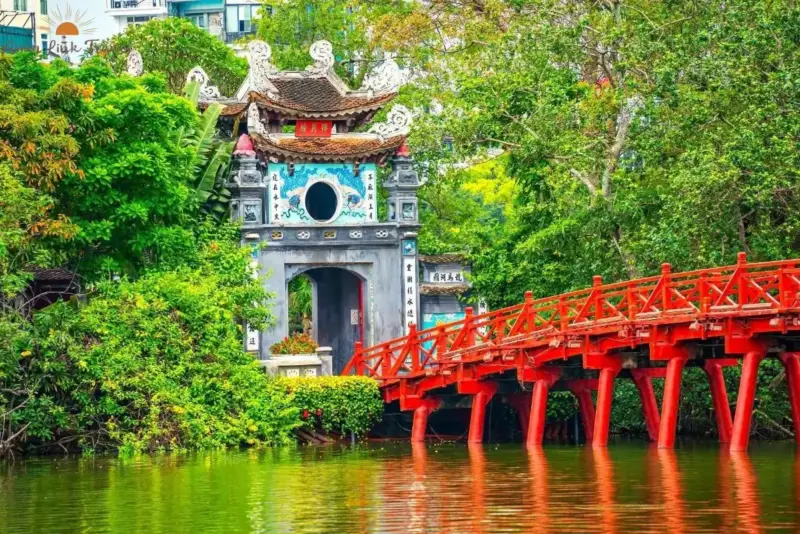Planning to travel to Vietnam from Canada this year? Great choice. Vietnam blends dramatic landscapes, layered history, and a wildly delicious food scene—at prices that are friendly for Canadian wallets. This guide from Asian Link Travel provides more important details, so let’s explore!
Why Visit Vietnam: Top Reasons Canadians Should Travel to Vietnam from Canada (Value, Variety, Hospitality)
Before you open flight tabs and calculate time zones, it helps to know why Vietnam stands out. From emerald bays and lantern-lit towns to coffee culture and coastlines, Vietnam is a place where each region offers a distinct vibe—and you can sample all of it in 10–14 days without blowing your budget.
In short: if you want high value, varied experiences, and warm hospitality, Vietnam delivers.
Next up: let’s time your trip for the best weather and fewer crowds.
Best Time to Travel
Because Vietnam stretches over 1,600 km north to south, weather varies by region. Picking your window wisely makes everything from packing to planning easier.
Northern Vietnam (Hanoi, Ha Long, Sapa)
- Best: October–April (cooler and drier; December–February can be chilly in the mountains)
- Considerations: May–September brings heat and heavier rain; mountain treks may be muddy.
Central Vietnam (Hue, Da Nang, Hoi An)
- Best: February–August (sunny beaches; March–May is the “goldilocks” shoulder)
- Considerations: September–January can see rain and occasional storms.
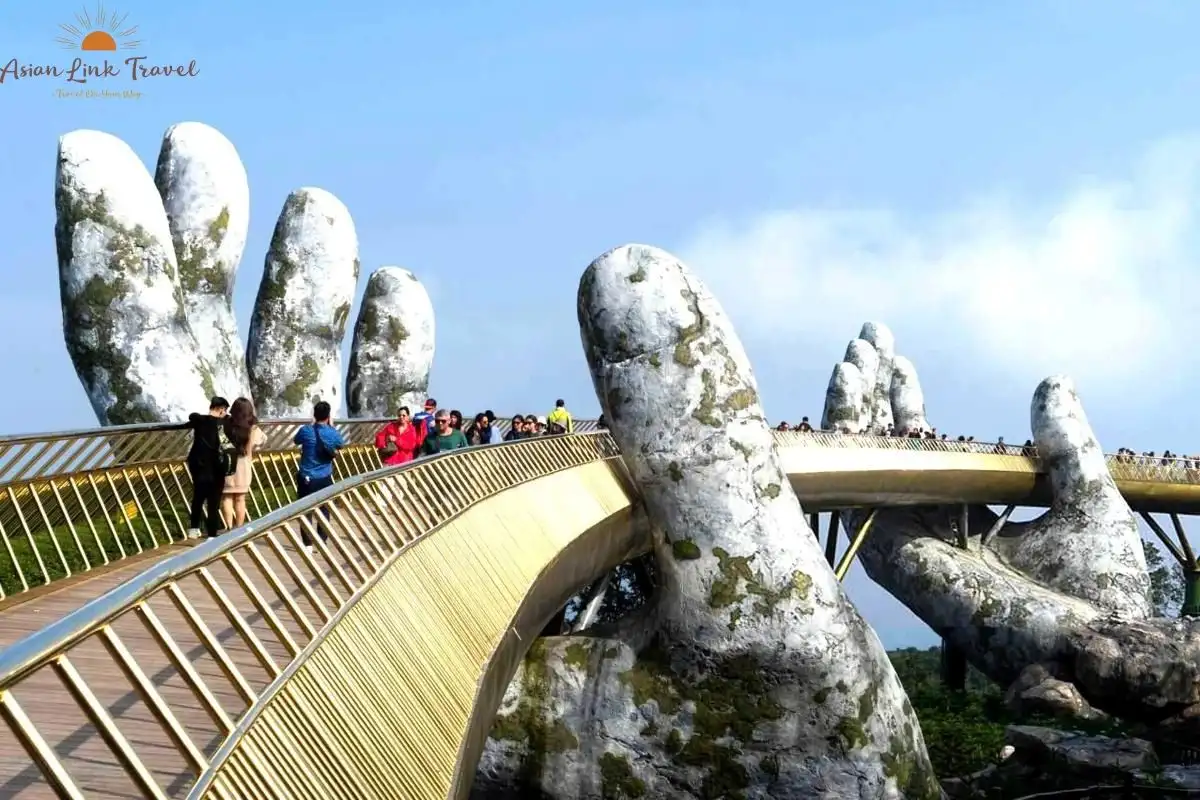
Southern Vietnam (Ho Chi Minh City, Mekong Delta, Phu Quoc)
- Best: November–April (dry season; hot but manageable)
- Considerations: May–October has short, predictable downpours—still very doable.
Bottom line: If you need one sweet spot to travel to Vietnam from Canada, aim for February–April or October–November.
With timing sorted, the next step is making sure you can enter smoothly—let’s talk visas and documents.
See more: Hoi An Travel Guide: 10 Irresistible Reasons to Visit Vietnam’s Most Charming Town
Flights & Routes from Canada (and How to Book Smart)
Most Canadians connect through Asian or Middle Eastern hubs before landing in Hanoi (HAN) or Ho Chi Minh City (SGN).
Common Gateways
- Western Canada (Vancouver, Calgary): Seoul (ICN), Tokyo (HND/NRT), Taipei (TPE), Hong Kong (HKG)
- Central/Eastern Canada (Toronto, Montreal): Add Doha (DOH) or Dubai (DXB) to the above options
Booking Tips for Canadians
- Open-jaw bookings: Fly into HAN and out of SGN (or reverse) to avoid retracing your steps.
- Hub hop strategy: Sometimes it’s cheaper to reach Bangkok or Singapore, then book a separate low-cost hop into Vietnam.
- Jet lag management: Vietnam is typically 11–14 hours ahead of Canada, so plan light activities on day one.
With flights pencilled in, you can map an itinerary that balances highlights, pace, and recovery time from jet lag.
How Long Do You Need?
Your timeline determines how much of Vietnam’s regional variety you can enjoy.
- 7–9 days: Taster—Hanoi + Ha Long Bay + Hoi An
- 10–12 days: Classic north–central–south arc (most popular)
- 14+ days: Add Sapa (trekking), Ninh Binh, Hue, Mekong homestays, or island time
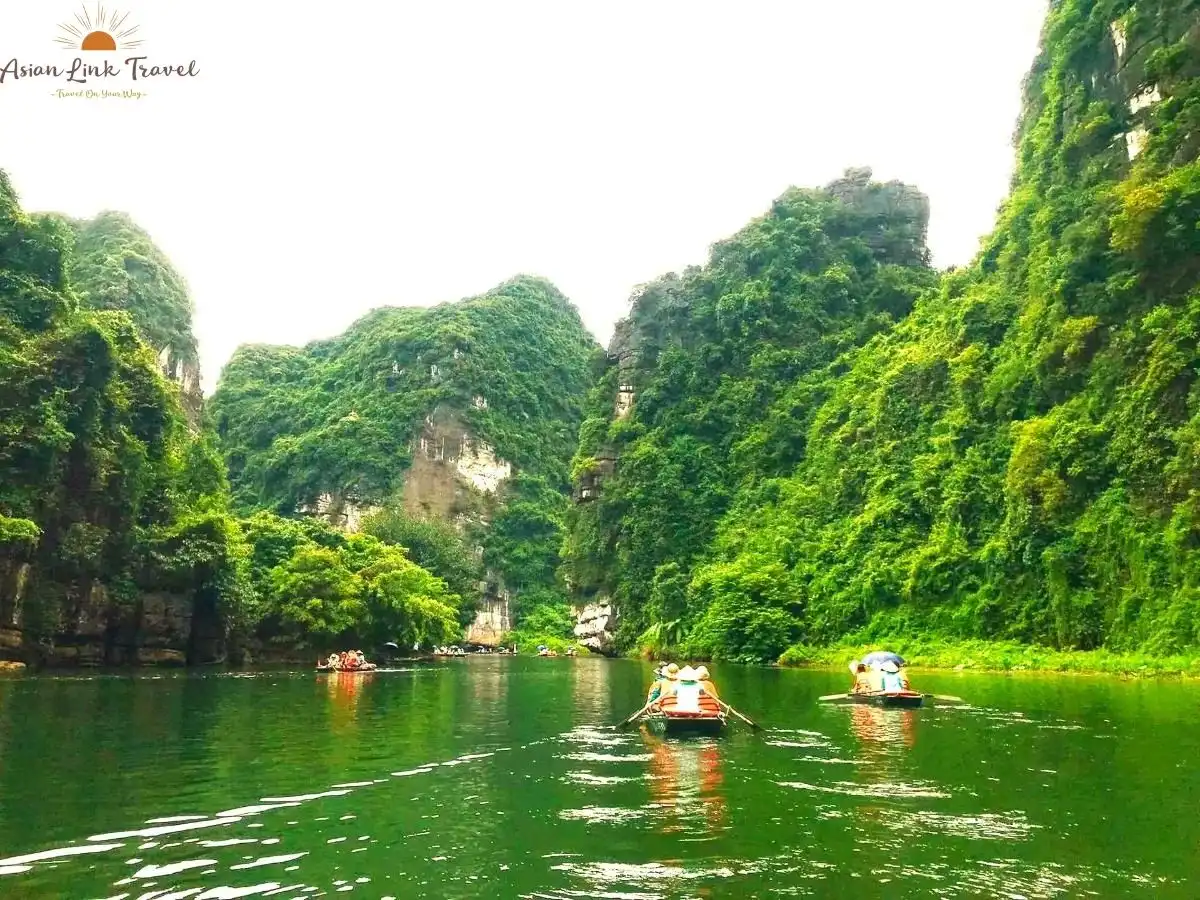
Do Trang An Waterways
To help you visualize the flow, here’s a 10–12 day sample that many Canadians love.
Sample 10–12 Day Itinerary for Canadians
Days 1–3: Hanoi & Ninh Binh (Ease In + Northern Icons)
- Hanoi: Start slow—wander the Old Quarter, sip egg coffee by Hoan Kiem Lake, and time a street-food tour for early evening. Stop by the Temple of Literature and the Old Quarter’s railway stretch (observe safety rules).
- Ninh Binh (day trip or 1 night): Glide a sampan through Trang An or Tam Coc, climb Mua Cave Viewpoint for karst panoramas, and cycle quiet lanes.
Now that you’ve had a taste of northern scenery, trade streets for seascapes with an overnight cruise.
Days 4–5: Ha Long Bay or Lan Ha Bay (Cruise & Kayak)
- Overnight cruise: Opt for Lan Ha or Bai Tu Long for fewer boats. Expect kayaking, grotto visits, and calm dawn decks.
- Practical tip: Pack a small overnight bag and leave larger luggage with your Hanoi hotel.
After the bay, leap south to central Vietnam for beaches and heritage towns.
Days 6–8: Da Nang & Hoi An (Beach + Heritage + Tailoring)
- Fly HAN → DAD: Settle in Da Nang for a beach reset; visit the Marble Mountains.
- Hoi An (30–45 min away): Stroll the lantern-lit Ancient Town, book a tailor for custom clothes, cycle to An Bang Beach, and join a cooking class or basket-boat ride.
To round out the north–central–south arc, finish with Vietnam’s largest metropolis.
Days 9–11: Ho Chi Minh City (Energy + History + Bites)
- City highlights: War Remnants Museum, Central Post Office, Ben Thanh Market, and a rooftop sunset.
- Day trips: Cu Chi Tunnels for 20th-century history; Mekong Delta for canals, cacao farms, and coconut workshops.
At this point, you can fly home—or add a final beach bow.
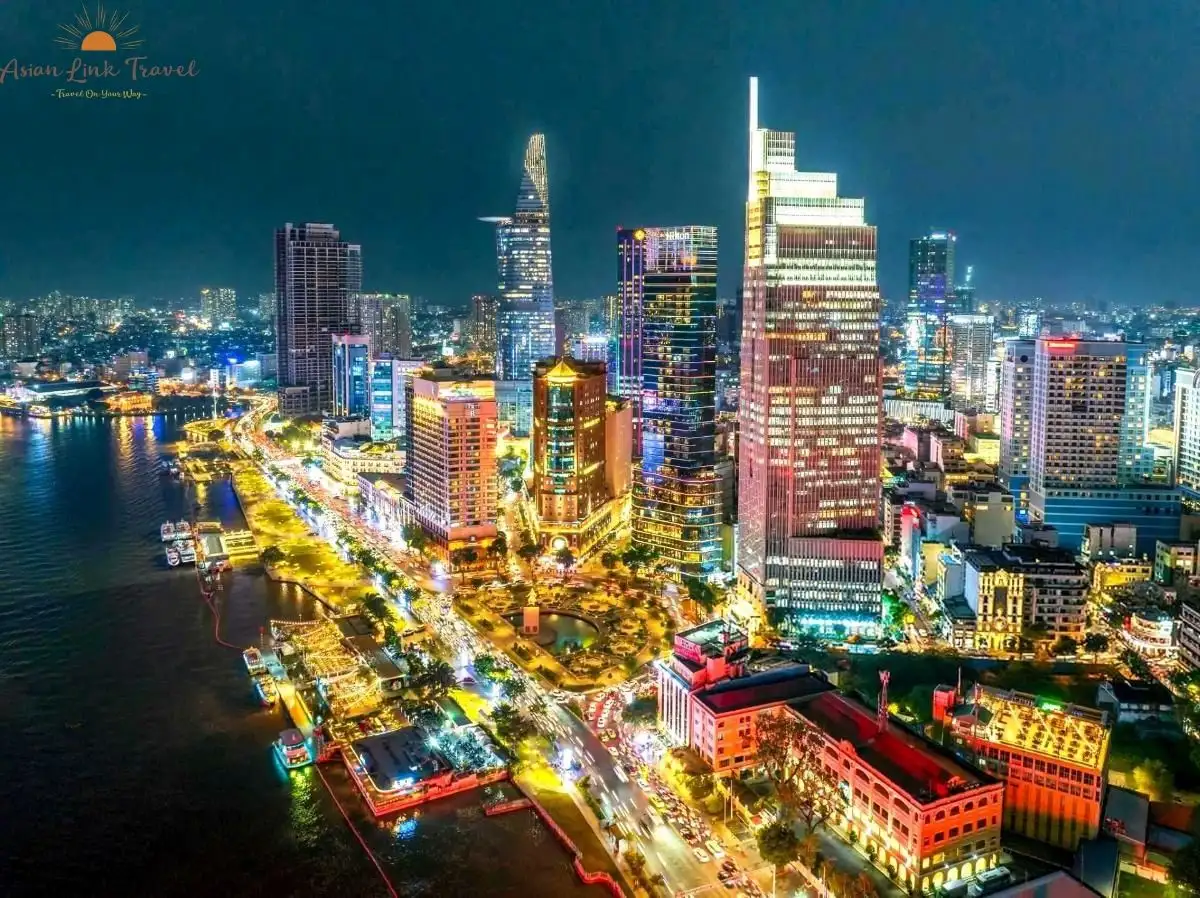
Day 12+: Optional Beach Finale
- Phu Quoc: Resorts, snorkeling, and island sunsets
- Con Dao: Quieter islands, diving, and nature
- Mui Ne: Kitesurfing and dunes
With the route laid out, let’s budget realistically so there are no surprises.
Budget for Canadians (Typical Mid-Range)
(Estimates in CAD; adjust for your travel style and season.)
- International flights (round-trip): $1,100–$2,000+
- Hotels:
- Budget: $20–$45 per room/night
- Boutique/Mid-range: $60–$130
- Luxury: $180–$450+
- Budget: $20–$45 per room/night
- Food & drink: $15–$40 per person/day (more for fine dining)
- Domestic flights: $50–$160 one-way (book early for peak)
- Tours & tickets: $20–$150 (overnight bay cruise, classes, day trips)
- Local transport: Ride-hailing and taxis are typically $2–$10 per trip in cities
Money-saving transition: To stretch dollars further, travel in shoulder months, book refundable hotel rates early, then re-price about a week before arrival and rebook if cheaper.
Next, decide how you’ll move between cities and inside them.
Can’t-Miss Experiences (By Region)
Once you’ve mapped your days, use these regional highlights to fine-tune what you’ll actually see and do.
Northern Highlights
- Ha Long/Lan Ha cruise for karst seascapes
- Ninh Binh boat routes and viewpoints
- Sapa terraced treks (add 2–3 days if hiking appeals)
Central Classics
- Hoi An lantern evenings and tailoring
- Hue Imperial Citadel and royal cuisine
- Da Nang beaches and night-lit bridges
Southern Energy
- Saigon street food tours and coffee culture
- Cu Chi for history; Mekong for rural canals
- Phu Quoc/Con Dao for snorkeling and quiet sands
As you explore, a few cultural notes keep interactions smooth and respectful.
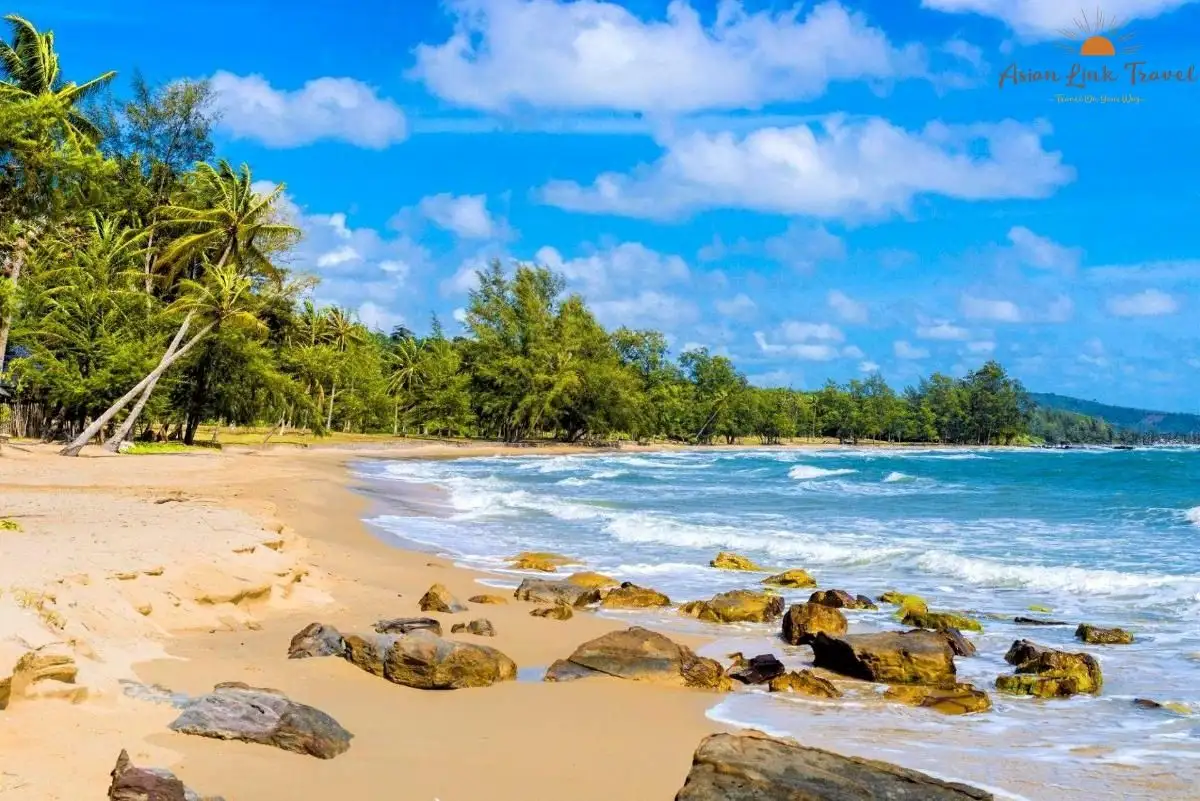
Culture & Etiquette Essentials
- Dress modestly at temples (cover shoulders/knees).
- Mind your feet: Avoid pointing soles at altars or sitting on thresholds.
- Bargaining: Smile, keep it friendly, and remember that small price differences support local livelihoods.
- Photos: Ask before photographing people, especially elders or in sacred spaces.
Next, set yourself up for an easy daily rhythm with money, mobile data, and safety basics.
Money, Connectivity & Safety for Canadians Traveling to Vietnam from Canada
Before you dive into itineraries, lock down these daily basics—so when you travel to Vietnam from Canada, you’re never stuck at a till, offline, or second-guessing street smarts.
Money (Payments & Currency in Vietnam)
-
Currency: Vietnamese đồng (VND).
-
Access: ATMs abound in cities; the best rates are usually at banks or licensed counters.
-
Cards vs. cash: Cards work at hotels and upscale restaurants, but always carry cash for markets, taxis, and small shops.
-
Tip for Canadians traveling to Vietnam: Notify your bank and bring a no-FX-fee card to keep costs down when you travel to Vietnam from Canada.
Connectivity (Staying Online in Vietnam)
-
SIM/eSIM: Buy a local SIM or eSIM at the airport for inexpensive, fast data—perfect for maps, ride-hailing, and translation when you travel to Vietnam from Canada.
-
Wi-Fi: Cafes and hotels typically offer reliable connections for backups and calls home.
Safety (Street Smarts & Common-Sense Tips)
-
General: Vietnam is generally safe; just watch for petty theft in busy tourist zones.
-
Habits: Use hotel safes, keep zippers closed, and cross roads steadily—traffic flows around predictable movement.
-
Canadian traveler note: Keep digital and paper copies of your passport and e-visa handy throughout your travel to Vietnam from Canada journey.
With these logistics sorted, you can pack precisely for your season and regions—and focus on the fun parts of traveling to Vietnam from Canada.
Packing Checklist for Canadians
- Light, breathable layers plus a light rain jacket
- Comfortable walking shoes; sandals for beaches
- 220V adapter (A/C/G sockets may appear; a universal adapter helps)
- Mosquito repellent and a small first-aid kit
- Medication (original packaging + prescriptions)
- Dry bag for boat days and sudden showers
- Sun protection: Hat, sunglasses, reef-safe sunscreen
Plan your trip with Asian Link Travel
- Vietnam-based operator for custom trips (7–13 days, with Indochina add-ons).
- Handles route design, domestic flights, bay cruises, transfers, guides.
- Website: asianlinktravel.com
- Address: 1339 Chua Tong Road, An Khanh Ward, Hoai Duc District, Ha Noi City, Viet Nam
- Hotline / WhatsApp / Zalo: +84 961 363 092
- Email: [email protected]
Pro tip: If you travel to Vietnam from Canada, send your dates, group size, must-see list, hotel tier, and budget to receive a draft itinerary you can tweak before confirming.
Final Word
To travel to Vietnam from Canada is to experience a country where each region feels like a new chapter—mountains, markets, beaches, and memory-making meals stitched together in one trip. By timing your visit well, confirming entry essentials, using smart flight strategies, and following the north–central–south arc, you’ll see the best of Vietnam without rushing. And if you fall in love with one region (you probably will), you’ll know exactly where to spend more time on your return.
